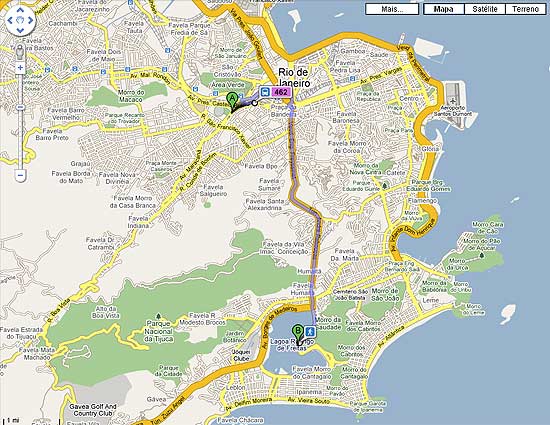(AFP) – 34 minutes ago
TEGUCIGALPA — Supporters of deposed President Manuel Zelaya argued interim leaders' crackdown on opposition media could derail talks aimed at resolving the months-old political crisis.
"It is a really appalling issue, something right out of a dictatorship," said Rafael Alegria, a leading coordinator of protests against the ouster of Zelaya, the elected president.
A government decree published in the official Gazette Saturday gave authorities the right to "revoke and cancel" licenses of radio and television stations considered to be a threat to "national security" and accused of spreading "hatred."
Last month, the government of Roberto Micheletti, which came to power as the result of a June 28 military coup, already shut down Radio Globo and Channel 36 television seen as close to Zelaya and restricted freedom of assembly and movement.
The new decree gives the coup leaders legal grounds for future similar measures, according to analysts.
"The new decree is simply aimed at silencing us once and for all," said Channel 36 director Esdras Lopez. He charged that Micheletti was trying to keep the television channel for his own use.
Saturday Zelaya and the interim government agreed to create a joint cabinet and ditch an amnesty for coup leaders, one of the negotiators announced.
But the de facto government later imposed new restrictions on the media aimed at controlling the flow of information about the country's political crisis.
Meanwhile, the creation of a joint cabinet and punishment of coup leaders remain dependent on Zelaya's return to the presidency, still far from certain four months into the standoff that emerged from the coup.
Union leader Juan Barahona, one of Zelaya's top three negotiators, told a rally of hundreds of the president's followers Saturday that the joint cabinet, if indeed formed, would be made up of ministers from both governments.
A diplomatic delegation from the Organization of American States left Honduras Thursday without resolving the political impasse between Micheletti and Zelaya, who was forced out of the country at gunpoint.
A rancher known for his trademark white cowboy hat, Zelaya veered to the left after his election and alarmed conservatives by aligning himself with leftist Venezuelan President Hugo Chavez. They feared Zelaya was seeking to change the constitution to allow himself to seek reelection.
The Zelaya camp, Barahona added, opposed amnesty because such a move would mean "amnesia, forgetfulness and forgiveness, and we cannot condone the coup.
Talks are set to resume Tuesday, with OAS diplomats maintaining that progress has been made, though the key issues have not yet been addressed.
"If after all of this, they say that there is not going to be reinstatement (of Zelaya), what difference does it make if we made progress on anything else?" Barahona asked.
"Tuesday, we are going to get at that key point in detail. If on October 15 we do not have a deal, the talks will have failed.
Disque-Câmara - 0800 619 619 - Telefone: (61) 3216-0000
Palácio do Congresso Nacional - Praça dos Três Poderes
Brasília - DF - CEP 70160-900 - CNPJ 00.530.352/0001-59
Todo o conteúdo desse blog é originalmente do Blog do Planalto e está licenciado sob a CC-by-sa-2.5: 
Fale com o Ministério
disque saúde 0800 61 1997
Ministério da Saúde - Esplanada dos Ministérios - Bloco G - Brasilia / DF
CEP: 70058-900
Sphere: Related Content

![Validate my Atom 1.0 feed [Valid Atom 1.0]](valid-atom.png)





































































